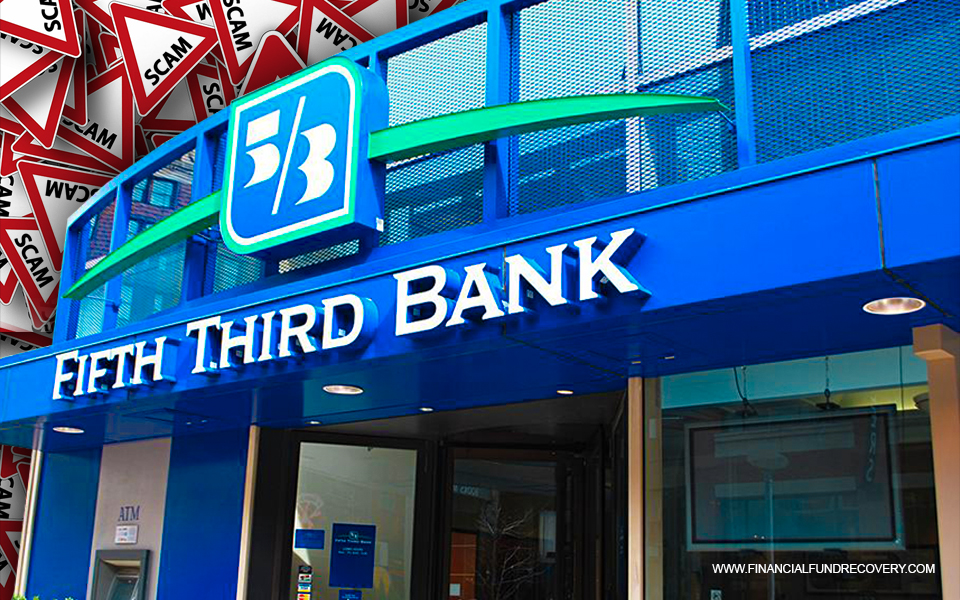What if the bank you trusted with your funds turned out to be a crook? Customers were harmed in the Wells Fargo affair, and it appears to have happened again.
Fifth Third Bank, situated in Cincinnati, has been accused by the Consumer Financial Protection Bureau of opening fraudulent accounts, transferring money into new accounts, and enlisting consumers in things they didn’t volunteer for.
These charges are identical to those made against Wells Fargo, which was forced by federal authorities to pay an additional $3 billion in February 2020 for creating phony bank and credit card accounts between 2002 and 2016. The bank admits to fabricating bank documents, improperly earning millions of dollars in interest and fees, abusing client data, and negatively impacting consumers’ credit scores. In addition, the bank was punished for misbehaving in its mortgage and auto lending divisions.
According to the CFPB, a government consumer watchdog organization, Fifth Third enacted similar misdemeanors by opening credit card and bank accounts without customers’ permission and initiating lines of credit on those accounts.
Since 2008, Fifth Third has allegedly used “cross-selling” to current clients by adding other goods without their knowledge to reach sales goals and enhance profit margins, akin to the Wells Fargo incident.
Fifth Third refuted that staff members were compensated for opening unauthorized accounts in a declaration. The bank had discovered that unauthorized activity accounted for 0.01 percent of funds opened between 2010 and 2016, totaling $30,000, which had already been returned to customers.
How Fake Accounts Can Harm You
Fake accounts, which banks create to increase revenues, can significantly impact consumers, particularly those who were ignorant of the situation or who had fees applied to their accounts. As a result, consumers risk losing both the capital and the interest they have earned.
If there is insufficient funds in your account, you’ll be late on payments, and your credit score will suffer.
“Fees that eat away at your deposits till you have none left” can result in closed accounts and bad reporting to your ChexSystems record, which is similar to a credit bureau for checks, according to an expert.
Because new credit accounts for 10% of your credit score and amounts outstanding account for 30%, fake bank accounts might damage your credit score. Another 35% originates from your monthly payments, such as on-time bill payments.
Getting to the bottom of the scam might take time, especially since most calls must be made during regular work hours.
How to Protect Yourself From Fake Accounts
Consumers should keep an eye on their savings and check bank balances regularly when using the internet to monitor their accounts.
Examine the fees levied to your account to see if they have increased. Keep a record for proof if you encounter a fraudulent account formed in your name or a new cost being charged, such as copying it out or capturing a screenshot.
According to an analyst, current account users should “intensify their efforts to ensure they’re aware of account activity” whenever an institution is the target of allegations.
“The reality is that even without such a consciousness-raising experience, we should be checking to see if anything possibly fraudulent has transpired involving our money regularly,” argues an analyst.
Banks these days have apps for checking balance and other things and email or text alerts that notify you when any transactions in your bank accounts or credit cards occur.
What Will You Do If Your Bank Has Betrayed Your Confidence?
Consumers who have been scammed should contact their bank for a refund, make sure they have proof, and report the fraud to police enforcement.
Customers of Wells Fargo benefited from numerous restitution schemes.
Call your state attorney general’s office if your bank refuses to cooperate or takes too long. Account-holders can also submit a complaint with the Consumer Financial Protection Bureau (CFPB).
Can You Rely on Your Bank?
You may want to keep your money with your bank if it immediately remedies the matter and discloses how the scam transpired and what the institution is doing to keep it from occurring again.
If you do not believe the bank enough to not conduct fraud again, moving to another bank may be your best chance for peace of mind.
Whether you establish a new account or not, keeping a close eye on your bank account and credit report is always a brilliant idea, according to LeFort. He explains that staying attentive involves being informed as soon as your data is compromised, so you can address any red flags before significant harm is done.


